How to visit Switzerland by camping-car or in furnished van?
Want to go to Switzerland by motorhome, van or fitted van? Travelling in itinerance in camping-car or equipped van offers the possibility of swiping the roads, natural landscapes and the must-see sites of a country without being forced to go to sleep in the city. Sleeping in its vehicle also gives the choice of bivouacing near the places you want to visit, without looking to compare the prices of hotels every day.
Swiss Confederation is a Central European country bordered by the France , Italy , Germany , Austria and Liechtenstein. Divided between the Alps, the Swiss plateau and the Jura, this small alpine country of 41,285 km2 offers vast expanses of nature, between the lakes and mountain pass and the urban centres of Zurich, Geneva, Basel, Lausanne and Bern, the Swiss capital.
Switzerland is a small country of 8 million inhabitants and yet a single stay will not be enough to explore everything: between Geneva, Lausanne and the Lake Geneva , the alpine mountains to the south, Basel, Bern and Zurich to the north, the south shores of Lake Constance and the other 175 lakes of the country, you will not miss things to do and see!
Are you planning your trip and looking for possible routes and information on your road trip in Switzerland? Here is a mini-guide to visit Switzerland by camping-car or in a furnished van!
Rent a motorhome near you
Ideas of routes in Switzerland by motorhome
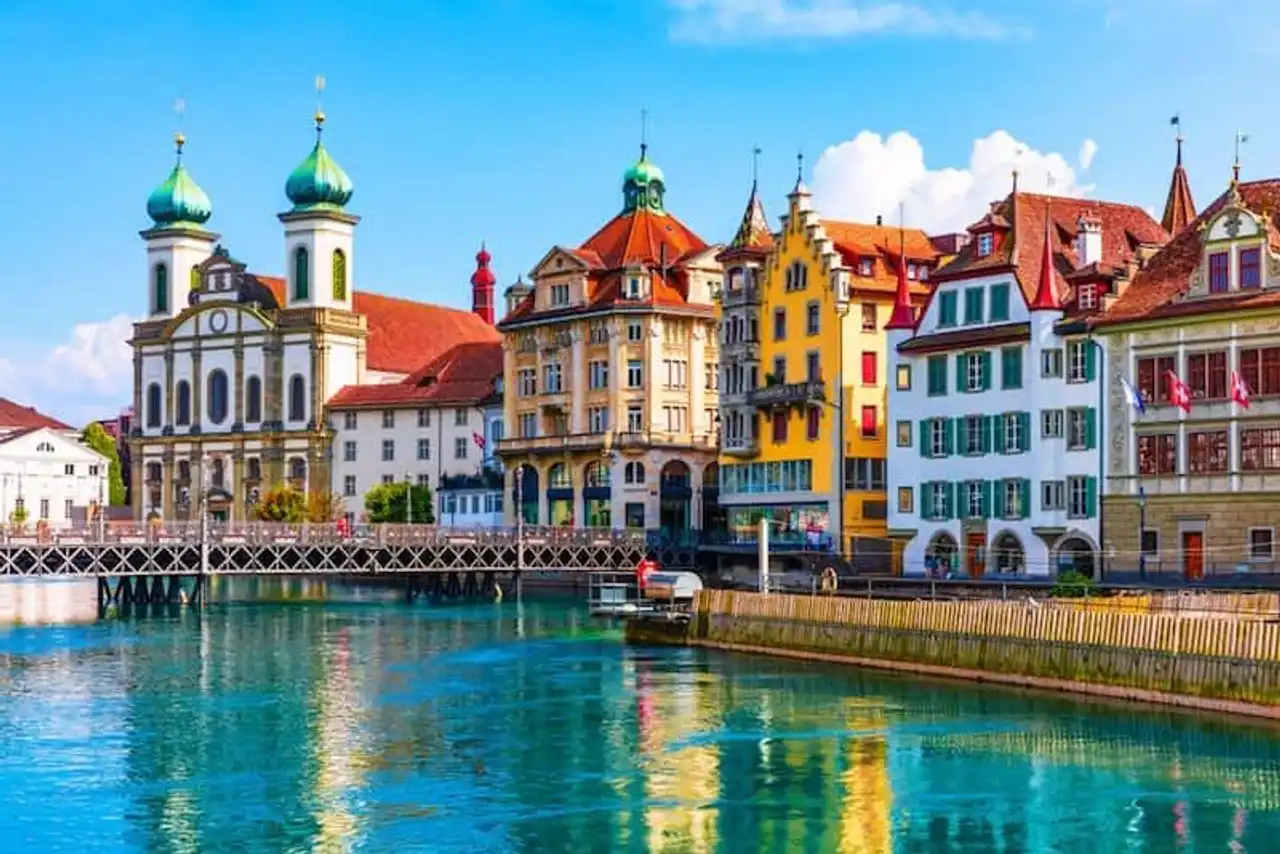
Photo credit: Shutterstock / Oleksiy Mark
Don’t sleep at the hotel and visit Switzerland by camping-car to sleep in nature is a luxury that can now be paid. Visiting a country by itinerant allows you to live a simple life, away from daily comfort, and in short offers a guaranteed change.
From France, Germany, Italy and Austria, there are countless routes to visit Switzerland by camping-car. It depends first on whether you rent a camper on site or if you subscribe to the rental in France. Then the route will depend on the reason for the trip: road trip to Switzerland, stages for a trip to the Balkans, Eastern Europe, Greece or Northern Europe?
Do you want to make a road trip through the varied landscapes of Swiss nature or explore Switzerland through its historic cities and monuments? From the departments of Haute-Savoie and Jura, it is Geneva which will probably be your first step. The rest will depend on the duration of the stay: 7, 10, 15 days, 1 month or more.
You are recommended to restrict your travel area if time is missing. You will not see everything, but you will not waste your time on the highway or on mountain roads. Here are some ideas for possible routes to visit Switzerland by camping-car, van or van:
- 7 days: Geneva (old city, shores of Lake Geneva, Saint-Pierre Cathedral, museums), Lausanne, Montreux, Les Alpes vaudoises (the Diablerets, the regional natural park Gruyère Pays-d’Enhaut), Fribourg,
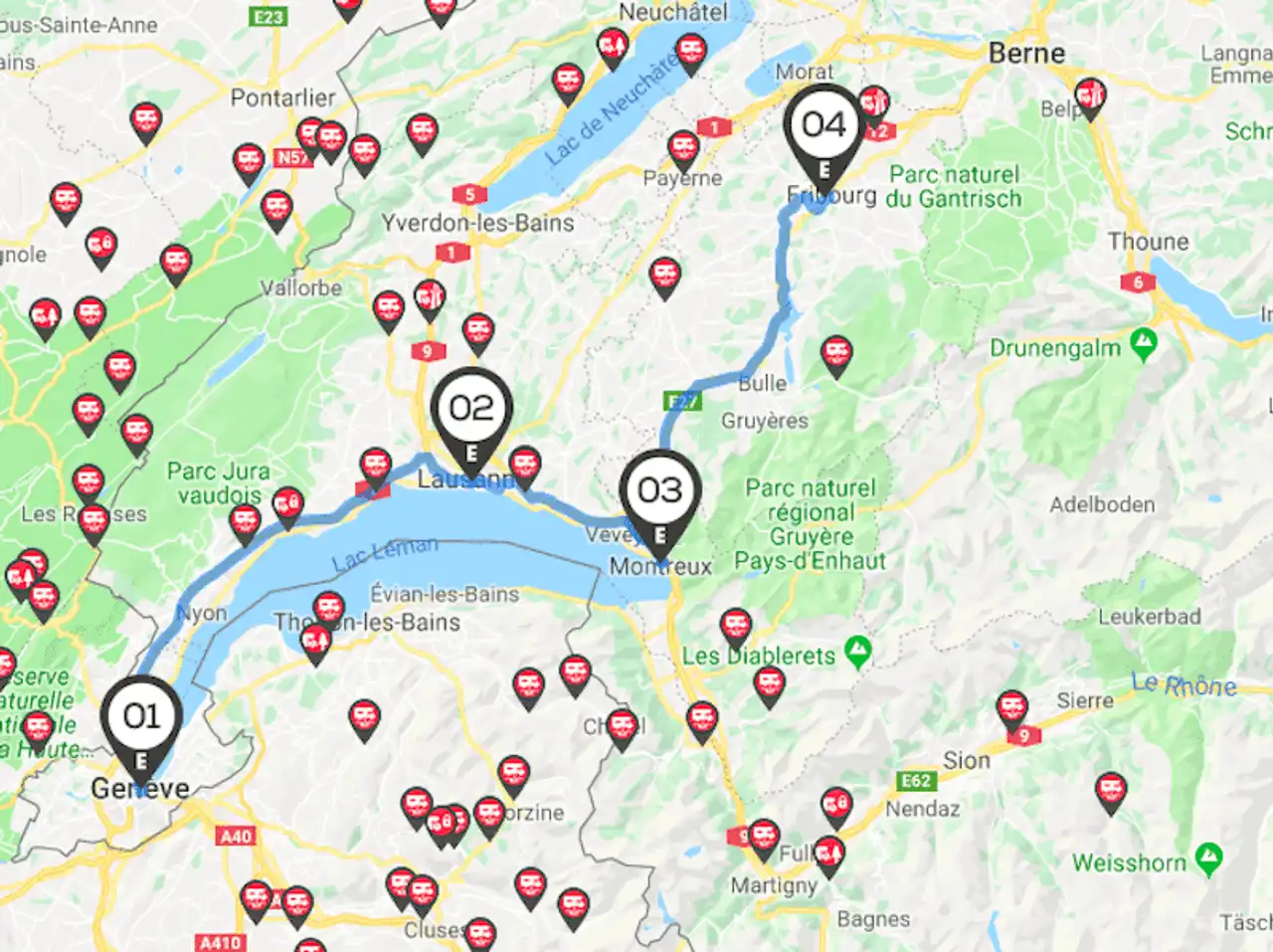
Photo credit: Caramaps
- 15-20 days: the same route, the more Neuchâtel and the lake, La Chaux-de-Fonds, Bern, the mountains of Oberland, Interlaken, the Jungfraujoch glacier, Lucerne, Zurichthe fall of the Rhine, Basel,
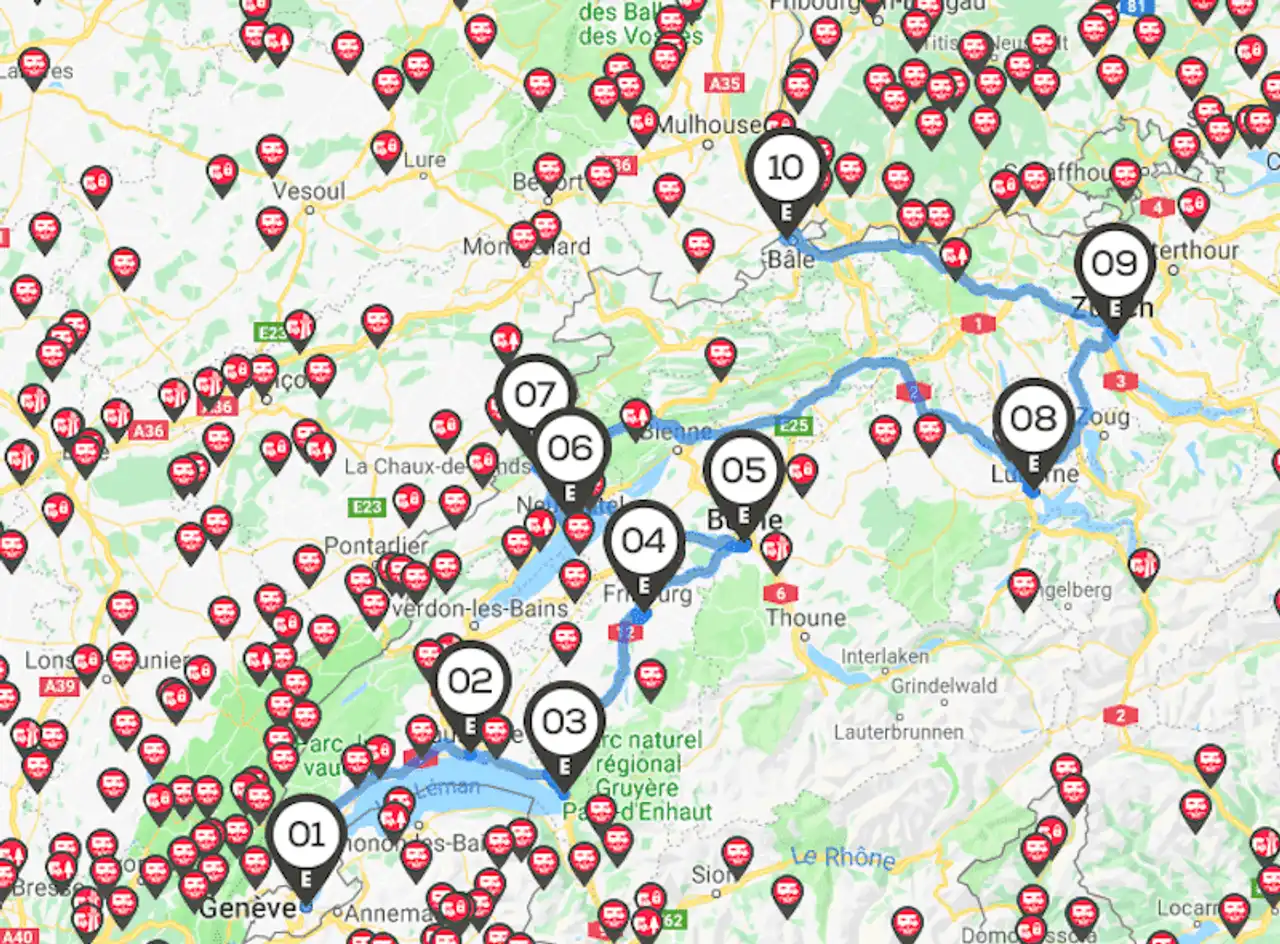
Photo credit: Caramaps
- 1 month or more: the same route, the more Valais, Lugano, Lake Maggiore, Punta Terrarossa, the natural park of the Binn valley, the Grisons, Lake Walenstadt, Lake Constance.
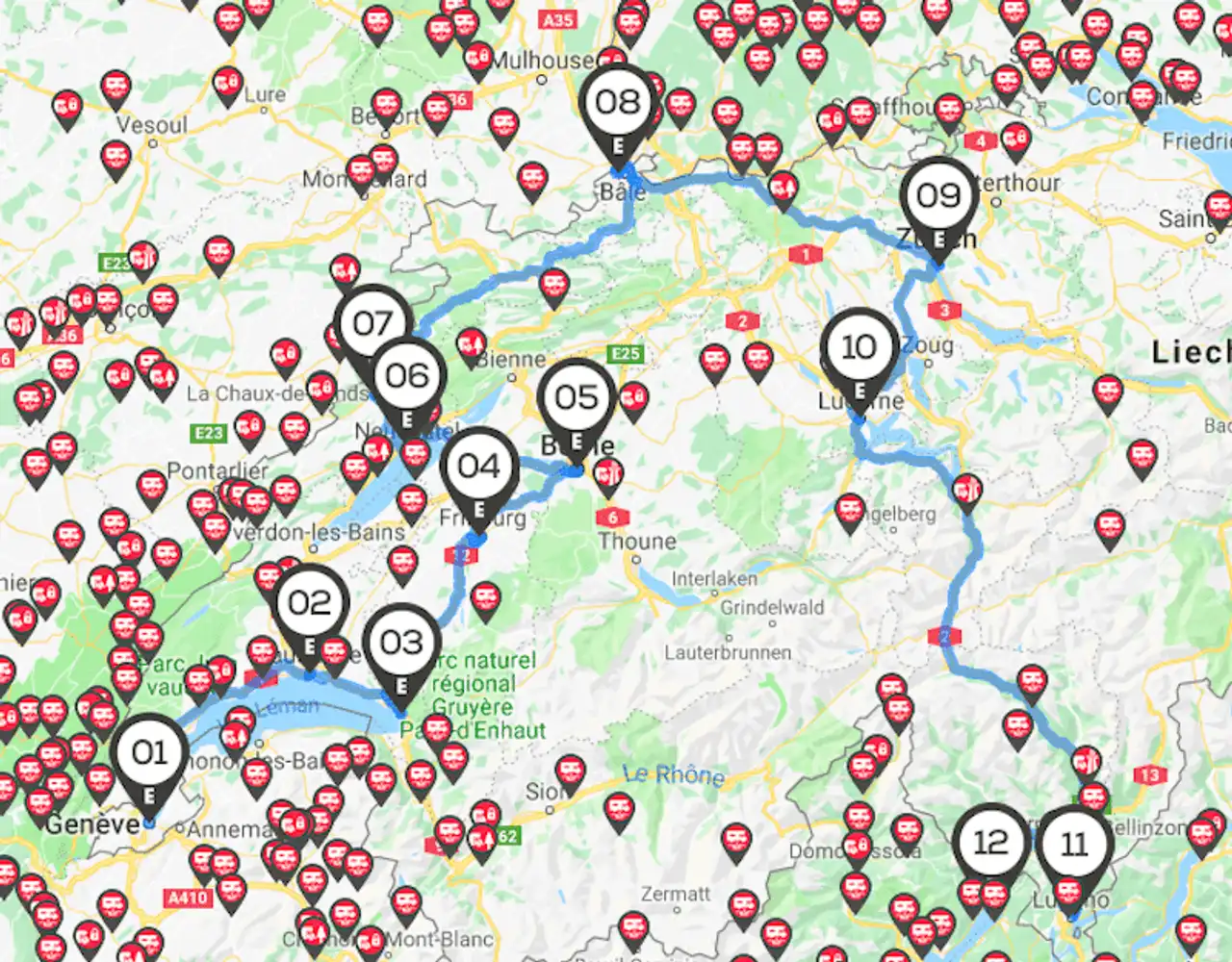
Photo credit: Caramaps
Note : These step ideas are only indicative. It will give to see sublime views and varied landscapes, encased, sometimes snowy, picturesque and resurgent.
How and where to rent a motorhome in France?

Would you like to leave France hexagonale and join Switzerland with your camper or van for example? It is now easy to rent a motorhome in the Hexagon. How? Using interrelationship platforms between tenants and particular camper owners as Yescapa, for example.
How does it work?
-
At first, you have to choose the motorhome in your city (For example Bordeaux, Nantes, Toulouse, Paris, Montpellier or Marseille).
-
Be careful choose unlimited mileage, to check the number of beds available and if travel abroad is possible.
-
Do your work online rental request and share your travel information (dates, rental options, mileage, etc.) to the owner.
-
If your request is accepted and after payment, you will have access to the owner's contact information to organize a First meeting.
-
Day J, present your driver's license and pour bail.
-
One. status of premises is executed and a lease is signed between the two parties. When you return, after running the Swiss roads, sign the state of the return places and the tour is played!
Rent a motorhome near you
How and where to rent a motorhome in Switzerland?
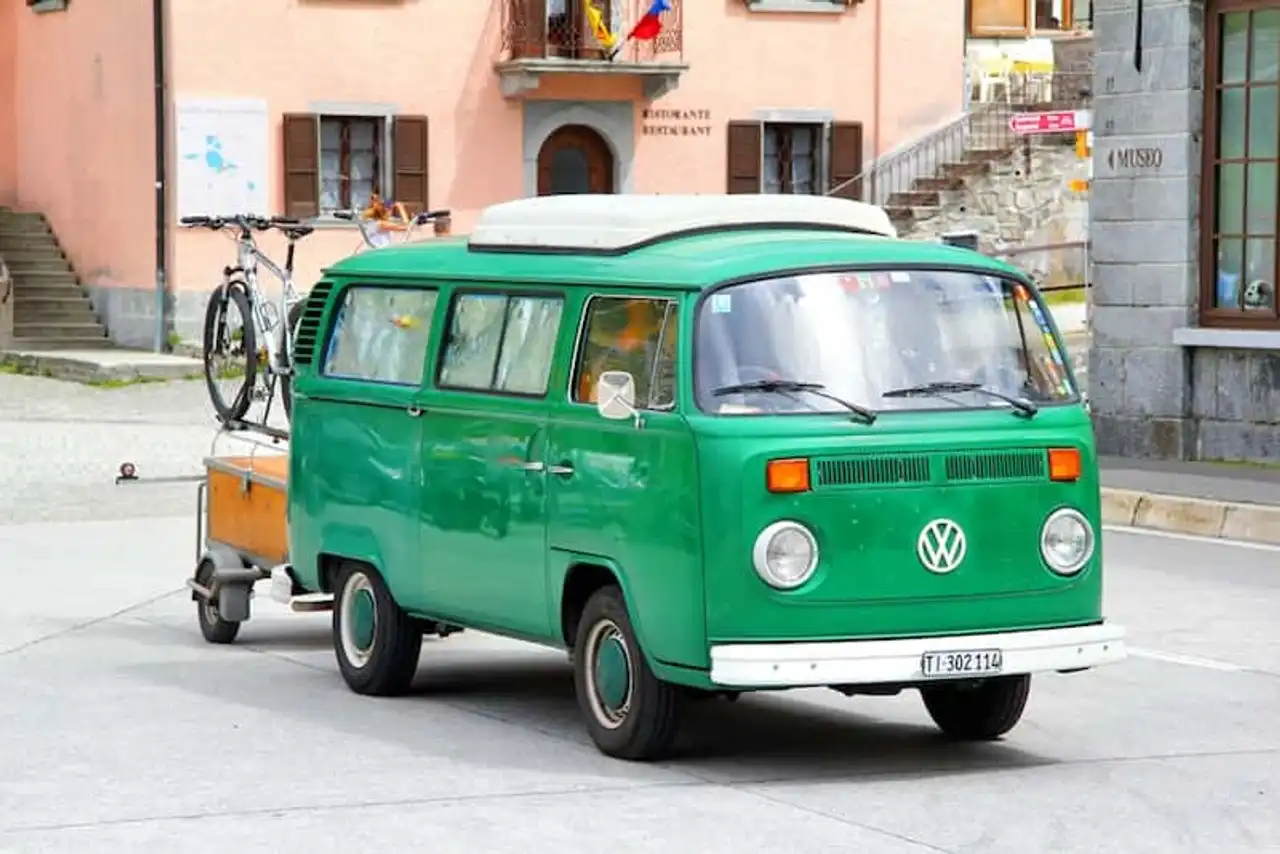
Photo credit: Shutterstock / Art Konovalov
Would you like to discover all the different facets of Switzerland, all on a camping car? If you prefer to rent it directly on site, it is recommended to make an online reservation in advance to ensure that there are vehicles available on arrival.
To get you a motorhome, we recommend you go through a rental platform for motorhomes and vans arranged online. These sites are now legion on the road trip and wild camping market. The principle is simple: you choose the desired vehicle – depending on the daily price, the type of camper/van/van fitted, the equipment of the vehicle -, and you send an inquiry to the owner.
A final step awaits you: the receipt of a confirmation email after your online payment. You can then leave safely for a Road Trip in Switzerland!
Book your motorhome for Switzerland
Drive in Switzerland by motorhome: traffic rules to be known
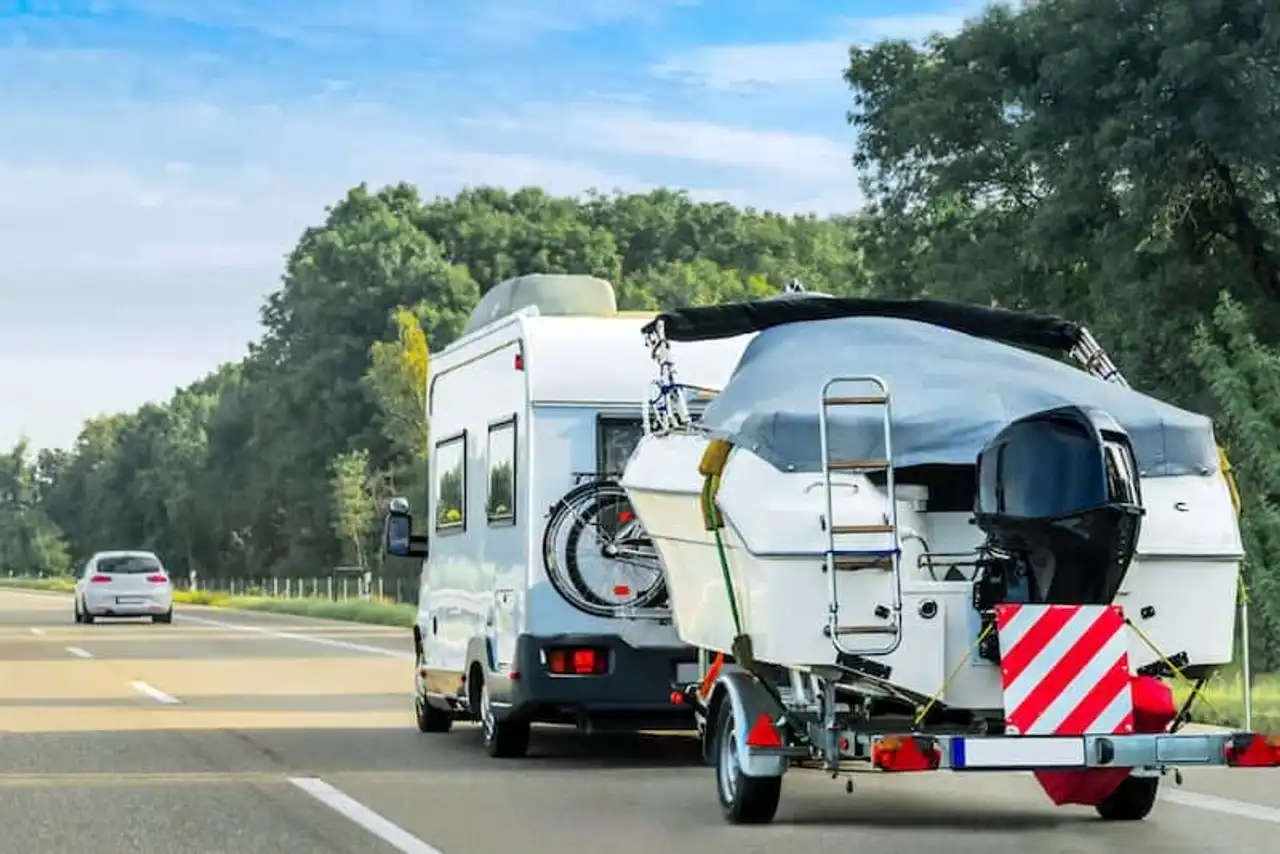
Photo credit: Shutterstock / Roman Babakin
Circulation
Although Switzerland is not a member of the European Union, driving in Switzerland and the road code are very similar to that which prevails in France, despite some differences. The driving is done to the right, with the overruns on the left and the roads are all in a very good condition, even in the mountains.
The network is very well hidden, up to the hollow of the valleys, over the collars and on the heights. In the city, you should know that pedestrians have priority: systematically think about leaving people waiting on the pavement or who are already engaged on the pavement, because fines (the odds) will soon fall. Slow down to each cloted passage.
♪ mountain mountain mountain mountain mountain , repeat caution as roads can be narrow and winding . A rule therefore: if the road does not allow two vehicles to cross, the priority is for the one who ascends, unless there is a avoidance place before the crossing. Nevertheless, it is always the motorhome or the fitted van that has priority on a car, even in a climb.
Postal bus station in the mountains: they are frequent, but they will know if it goes or not.
Security and equipment
It is unavoidably necessary to have at the disposal of its driver’s license, traffic permit, signage triangle and pollution control sheet (for vehicles without OBD onboard diagnostic system, the equivalent of technical control). The vehicle must also be equipped with a reflective jacket, a first aid kit and spare bulbs.
Speed limits
The speed limits are as follows:
- 50 km/h in agglomeration,
- 80 km/h out of town,
- 100 km/h on fast lanes,
- 120 km/h On the highways.
Camping-cars whose weight is greater than 3.5 tonnes are reduced to 100 km/h On the highways.
Signals
Signage signs are indicated in the language spoken in the local community visited (French, German, Italian or Romansh). Conversely, France employs green panels for the highway, blue panels for secondary roads. Also note that the Swiss road code requires any driver to ride with its lighted passing beams even in the middle of the day.
Alcoholemia
The maximum alcohol level allowed in Switzerland is 0.5 g/l . Severe penalties are provided for fraudsters.
Motorcycles in Switzerland: what fare for your motorhome category?
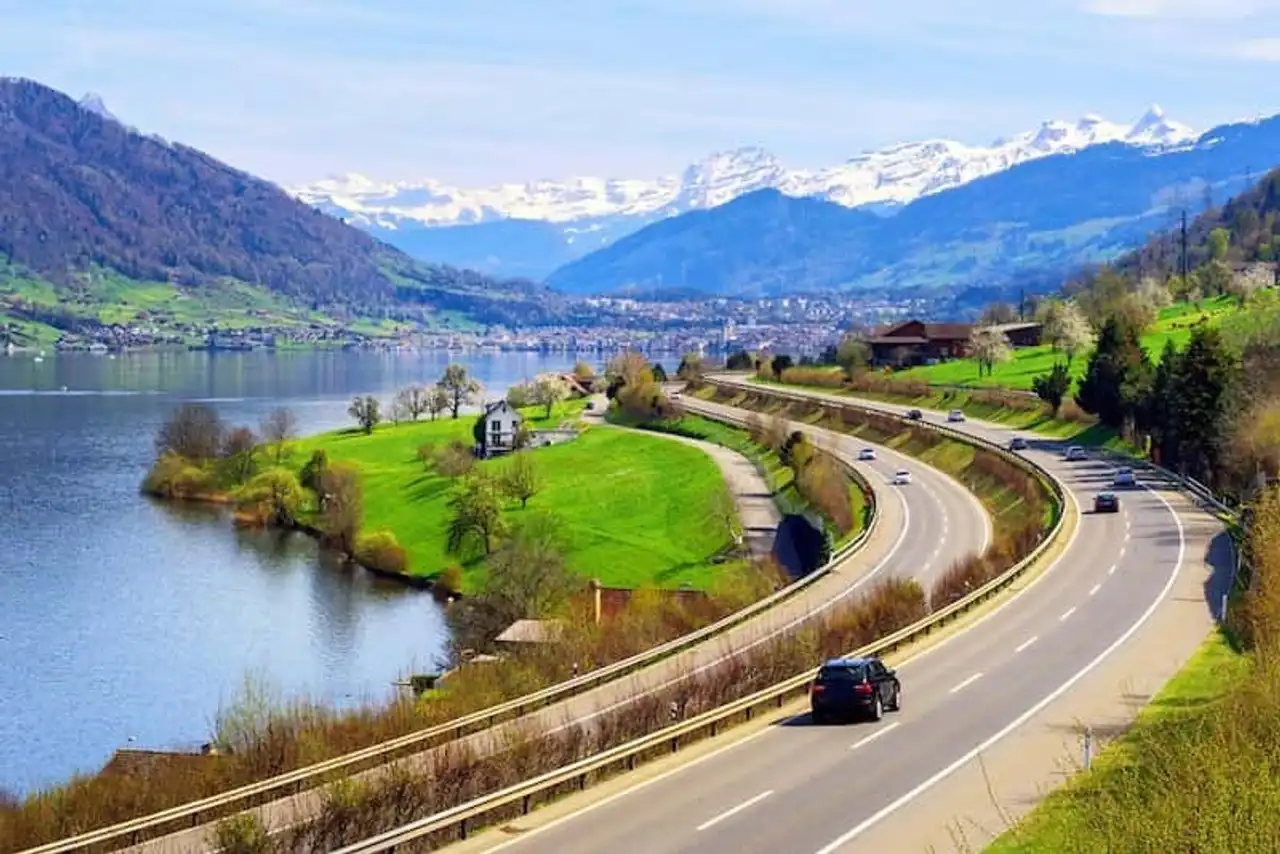
Photo credit: Shutterstock / Boris Stroujko
There are no tolls in Switzerland. Good news? Not completely.
One thumbnail is mandatory to borrow the Swiss motorway network. To visit Switzerland by camping-car or fitted van, you must count CHF 40 (36,50 €) for vehicles weighing less than 3.5 tonnes. For higher weights, the royalty is calculated on the total weight of the vehicle. It is valid all year, from 1 January to 31 December of the year after (or 14 months).
Simpler than tolls, the thumbnail allows to circulate on all highways in a single purchase. Traversing the country and often taking the highways by visiting Switzerland on a motorhome is much cheaper than in France! It can be obtained at the border, in euros, as well as in post offices, service stations, car garages, TCS branches and road traffic offices.
There are about twenty highways subject to the vignette to be placed at the windshield.
Campsites in Switzerland: where to park?
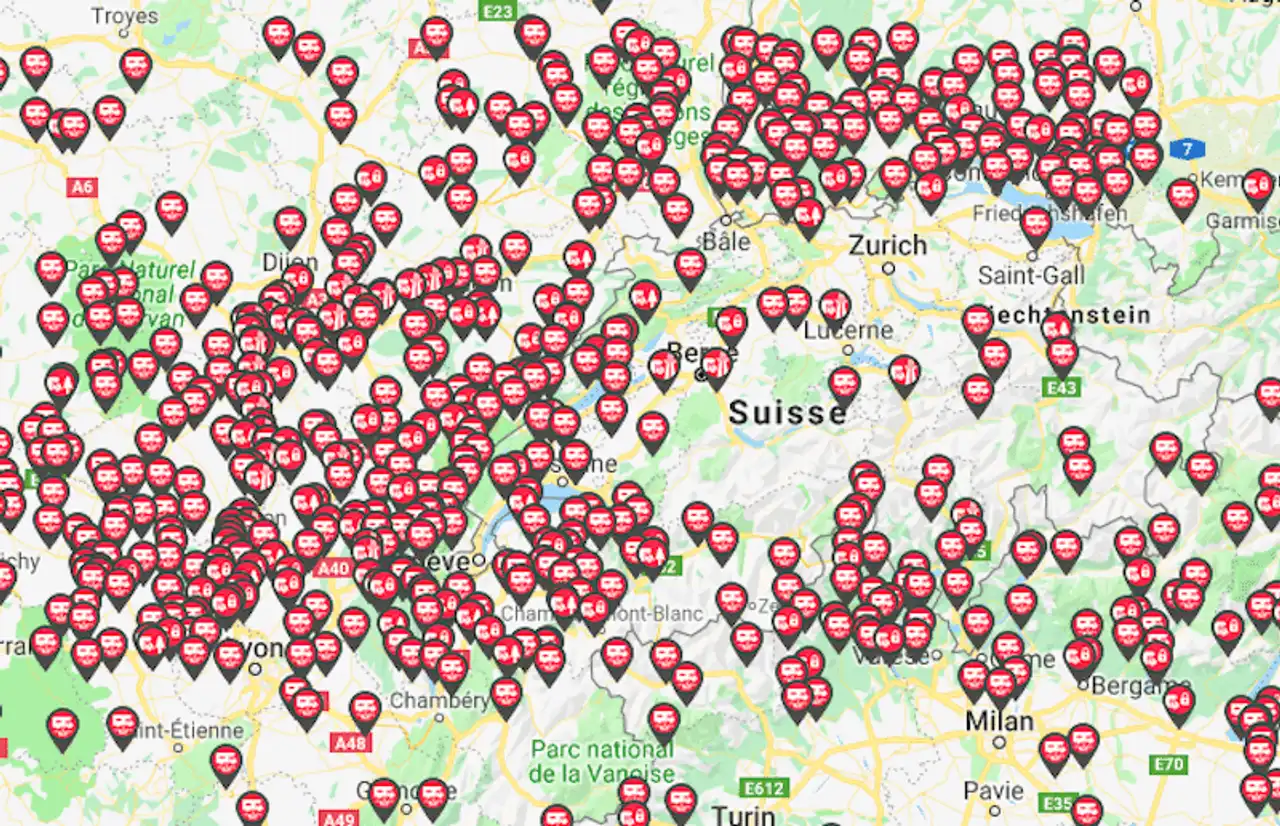
Photo credit: Caramaps
Wild campsite
Here is another false good news: the wild camping in Switzerland is not completely prohibited, but the legal provisions are the responsibility of the canton and the municipalities. It is generally possible to sleep one night in the mountains outside the forests.
Find out if you can spend the night in your camper outside a campsite with the local tourist office or the local tourist office. As often, it is forbidden to camp on natural reserves, Swiss national park, federal hunting areas, areas classified as "peaceful wildlife".
If you choose to sleep in nature in your vehicle, here 5 rules the wild camper or the bivouac to know:
- Respect nature,
- Do not make noise near wild animals,
- Leave the site in the same state as on arrival,
- Manage its own waste,
- Don't make fire.
Parking areas
There's more. 400 plots camping in Switzerland in various price ranges. For the rest, we see our fetish application: park4night. This tool is a valuable guide for anyone who wants to visit a country in camper or in furnished van. It is a platform for sharing spots between travellers, on which are referred to the places of full nature, free or paid parking, camper areas and camping pitches. If you are connected travellers, it will prevent you from spending several hours to find a place to sleep every day!
What is the best time to travel by motorhome in Switzerland?
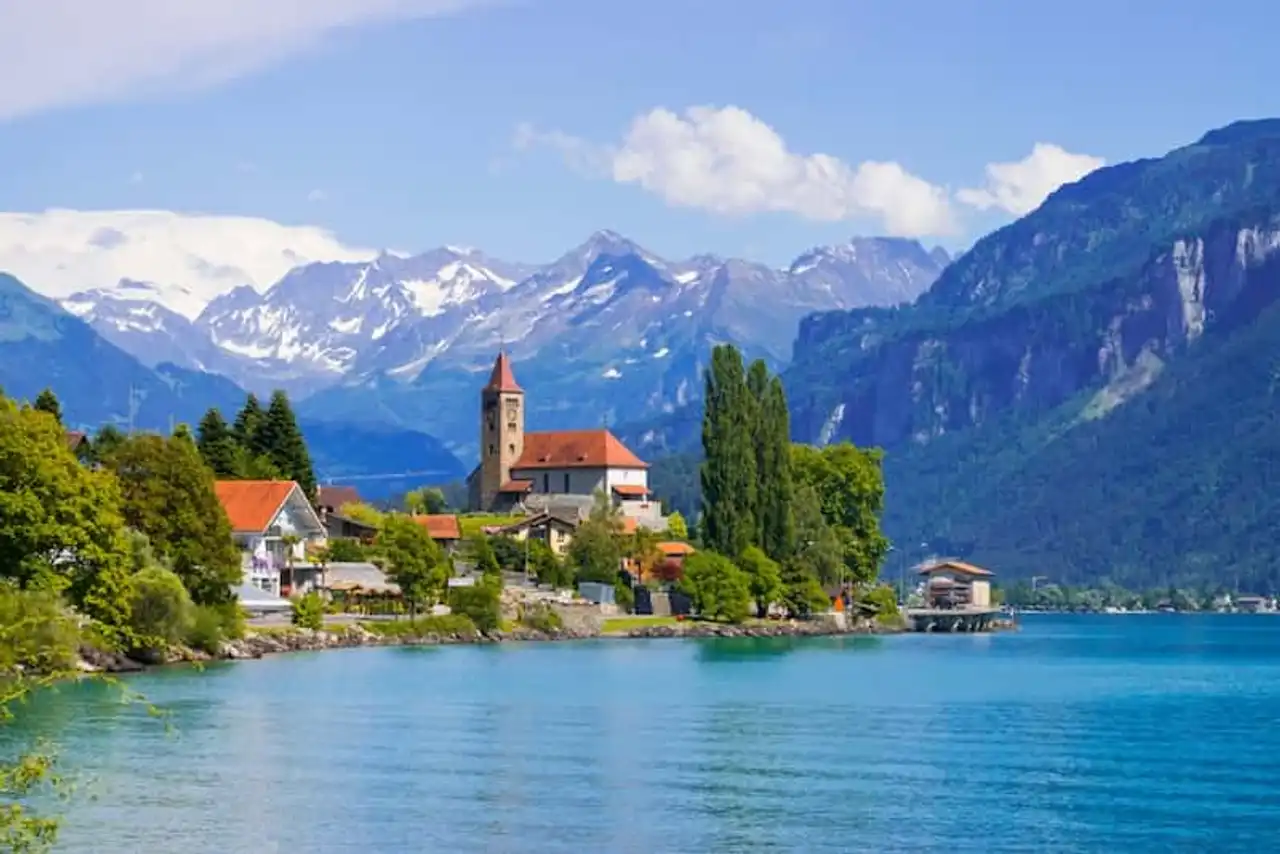
Photo credit: Shutterstock / Ireine
Switzerland has a wide variety of climates and different climate influences. The climate of Switzerland is said Transition temperate , influenced by ocean climate, wet continental climate, Mediterranean climate and mountain climate. The Ticino in the south has a Mediterranean climate. Other regions benefit from a continental climate subject to altitude gaps.
In the mountains, the thermal amplitude is high due to temperature drops at night. Winter can be very rigorous in altitude but allows skiing in the Alps (don’t forget your snow chains and tires), autumn and spring can be cold and rainy.
The best season to visit Switzerland by camping-car, van or fitted van, remains the summer, the period that runs from June to September . However, nights can be fresh even in summer if you leave in the Alps. Also, summer is the time when tourism is the strongest: prices, already high in Switzerland, increase with the summer tourist season.
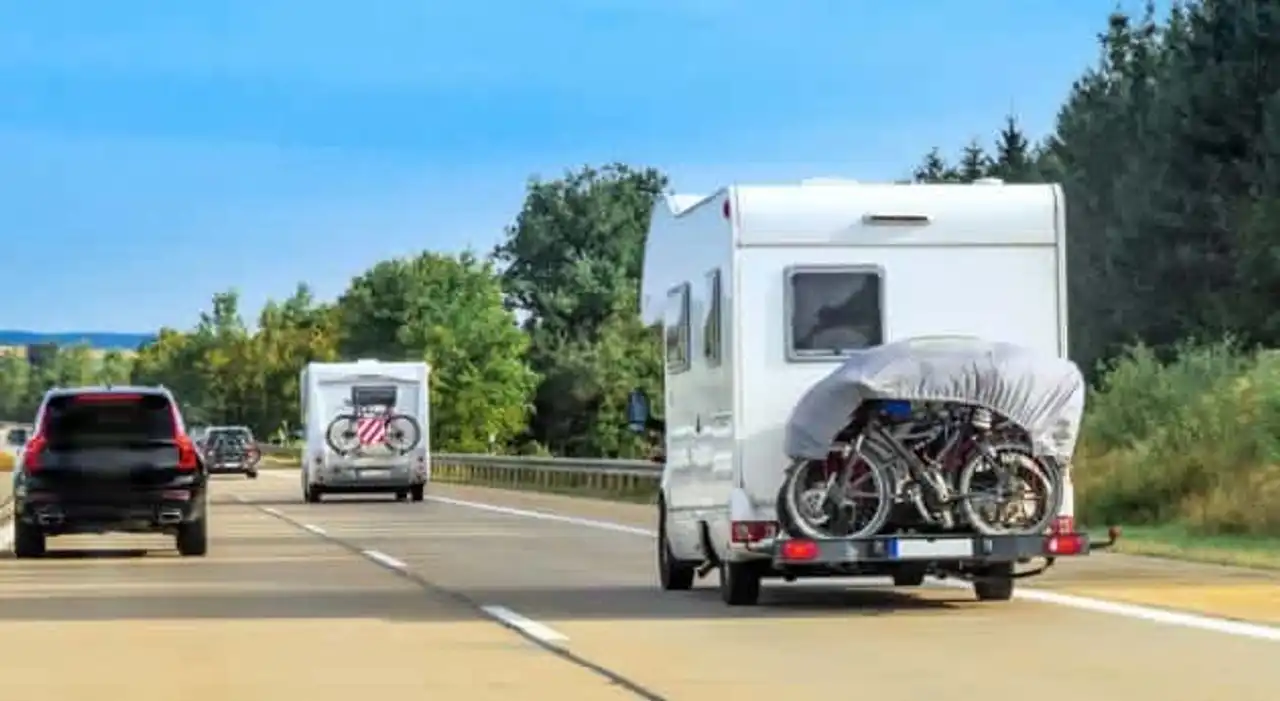




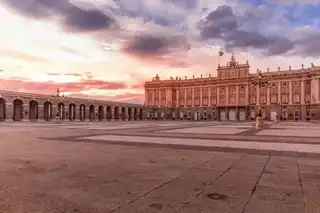
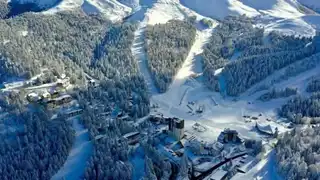
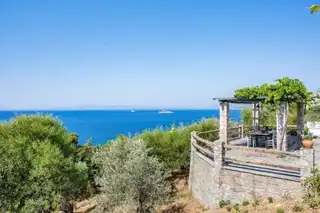
Loading comments ...